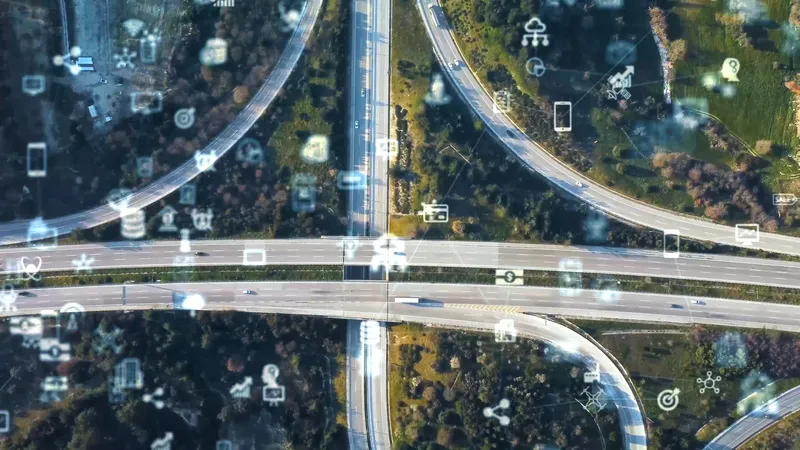
Snapper Services' inaugural Mosaiq Global Transit Index inaugural compares the on-time performance of bus networks in eight global locations using publicly available data and analysis of almost 4.8 million trips.
The networks in Auckland, Budapest, Republic of Ireland, Australia’s New South Wales state, Stockholm, Vancouver in Canada and Washington DC in the US were assessed for four weeks while Tokyo was assessed for three weeks. First-stop arrival and departure data was analysed and compared using six defined scenarios based on different thresholds of early, late and on-time.
According to the Index, Tokyo was the best on-time performer within the tightest timeframe. In fact, Japan’s capital emerges as a standout city when it comes to buses not leaving the first stop ahead of the stated departure time, with 0% leaving early.
Meanwhile, trips analysed in Washington DC were the defined as ‘most late’ across all scenarios, including the widest time frame. However, Snapper Services said that the Index is not intended to create a ranking; it is to put a spotlight on what on-time performance means globally and how to reliably compare networks to find opportunities to learn and improve.
As the index expands, Snapper Services said that it will explore other contributing factors that pertain to a network’s performance.
“This has been an eye-opening experience for us, and one that has revealed more than who the top performers for on-time performance are,” said Miki Szikszai, chief executive of Snapper Services. “Punctuality is a key human concern wherever you are determining whether someone will choose public transit over a car. On-time performance is the most common way for transit operators and authorities to measure the punctuality of their services and so it is a vital measurement that needs standardised data and specialist analytics tools to better understand it.”
He said it takes a lot to have consistent performance across the entire fleet. Auckland Transport, one of the top performers alongside Tokyo, places a huge emphasis on services that provide excellent customer experiences: “We believe its success is an outcome of a deliberate focus on that vision.”
Mosaiq said that its Global Transit Index will be released quarterly and evolve with additional cities, networks and performance metrics to track. “The Mosaiq Transit Intelligence Suite works with publicly available data to track millions of bus trips every month,” said Szikszai. “We are looking to share this data in a meaningful way, so transit authorities, bus operators and passengers all over the world can benefit. The aim is to help us all make public transport more efficient, more effective and more sustainable.”
The solution includes tools that enable public transit operators and authorities to identify inefficiencies across routes, extend capabilities and have complete visibility over their operations. UK local government organisations including West Yorkshire Combined Authority use it to better use accurate and reliable data tools to understand and resolve systemic transit flaws.









